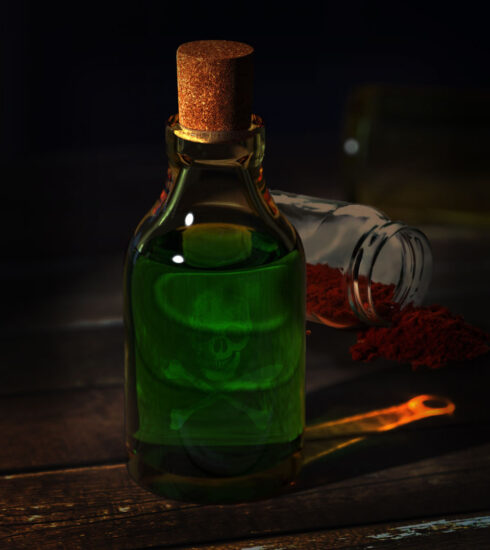Fudging your dice
What is fudging?
What is fudging your dice you say? Well, if you change your dice-roll, in any way, instead of using the result as is. For a GM, it often means in your roll to hit or the rolls for damage. It could also be a resistance roll, or a skill roll. In theory, you can fudge any roll unless you roll all your rolls in front of your players.
Fudging your dice has sparked recent debates on social media, rekindling the age old talk about if you should fudge your dice or not as a Gamemaster.
So, is it okay to fudge the dice roll, or is it strictly forbidden? Well, that’s up to you! Yep, you’re in control. Who would have thought? But let’s look at some arguments for and against. Full disclosure. I’m personally for fudging rolls when needed.
Arguments against fudging your dice
- You’re taking away the characters’ free will. If you’re gonna change the dice to suit you, your players choices don’t matter.
- Why roll dice at all if you’re gonna change them, anyway?
- It’s railroading your players.
- The DM/GM needs to be impartial, that can’t work with dice fudging
- If there is no chance of dying and TPK (Total Party Kill), then the excitement for the story is gone.
Good-ish arguments, and it’s important to note, that every table set their own rules. So, I’ll counter with why I DO think it’s a good idea to fudge your rolls. But first, a dilemma.
Session Zero would be a good place to discuss the lethality of the campaign with your players. And you could ask them right out – is it okay to fudge my rolls? However, if you ask, then you also tell them you might do that. And as such, they might doubt whatever you roll. If you don’t ask, you can’t know if they accept it as a good idea. Tadaa.. a dilemma for you. Especially since I’ve heard players on social media saying they would leave a game if someone fudged the rolls.
So, with that little tidbit – let’s dive into how I feel it should be handled.
My rules
Let me start by saying – I seldom fudge the dice I roll. I mostly let the game unfold as luck and player actions dictate. And as such, I also fully agree that if you just change the outcome of your dice rolls all the time, why even roll them? (Except for the lovely clacking sound of course 🙂 )
The way I build a campaign is to have some major plots running alongside with, and criss-crossing, the player’s character arcs. And yes, that involves lots of docs and some spread sheets 😉
My players have free will in what they do, but they also appreciate the work I put into the campaign and follow the hooks for the plot; mostly. So there is no rail-roading, other than maybe they are rail-roading me into incorporating their back stories into my campaign. And let’s face it, we’re all here to have fun. For some people, fun includes hardcore mode, death always threatening, even for the entire party of adventurers. For my groups, fun is telling a good story together, and getting to be heroes of the realm at some point after stopping the big bad.
When my monsters attack, they fight to kill (or capture depending on the story). I roll the dice, I crit, I even make characters go down, and leave it to death saves to survive. There is no doubt the group is in danger when in combat, and I’m sure they feel that.
Sometimes, it turns out that the encounter I made for them was way too easy, or way too hard. So I adjust the monsters HP up or down, or the attack bonus. One could say I was fudging the stats of the monster. That way, I can ensure that the minions go down faster (or slower), or the major villain lasts a round or two longer, so they can cast their big evil attack. (Muhahahah). 🙂 So, I already fudge – just with stats, and I know a lot of DMs that have no problems with that. So, when the group’s destiny hangs in a thin thread, and my next roll could take down the cleric that was just about to save the fighter, so they don’t all die in the next round. Yes, the big bad might miss (narrowly, of course), or might give just a little damage instead of a lot. This makes everyone hold their breath for a moment, then relieved that I missed, and cue the heroic music as the fighter gets back up and leads the party to victory. Everybody is happy, and the many hours of planning the campaign, and incorporating all the players’ stories, aren’t wasted. Win-Win, I’d call it. And no one is the wiser.
So, I am impartial – with a slight advantage to the players. After all, we’re writing this story together. Personally I’d be annoyed with Tolkien, if the Uruk-Hai had killed off the fellowship by the lake, and we’d have to introduce 7 new characters at that point. 😉
A final note: In a poll I saw yesterday, there were overwhelming support for fudging. But please, if you like it hardcore, don’t fudge at all. Let the dice fall as they may. 🙂
By the way – if a character dies in my campaign, it’s uncertain that they are able to come back. You can check out my rules for that, on the link below.
Keep up on facebook












Michael
6 months agoI quite often fudge the rolls – sometimes to the benefit of my players, sometimes to give them a harder challenge. I often grant the BBEG a few more Hit Points to keep the fight more interesting. I actually fudge a lot, come to think of it.
But all in the name of keeping the game fun and interesting.
My players havent complained yet, anyway 🙂